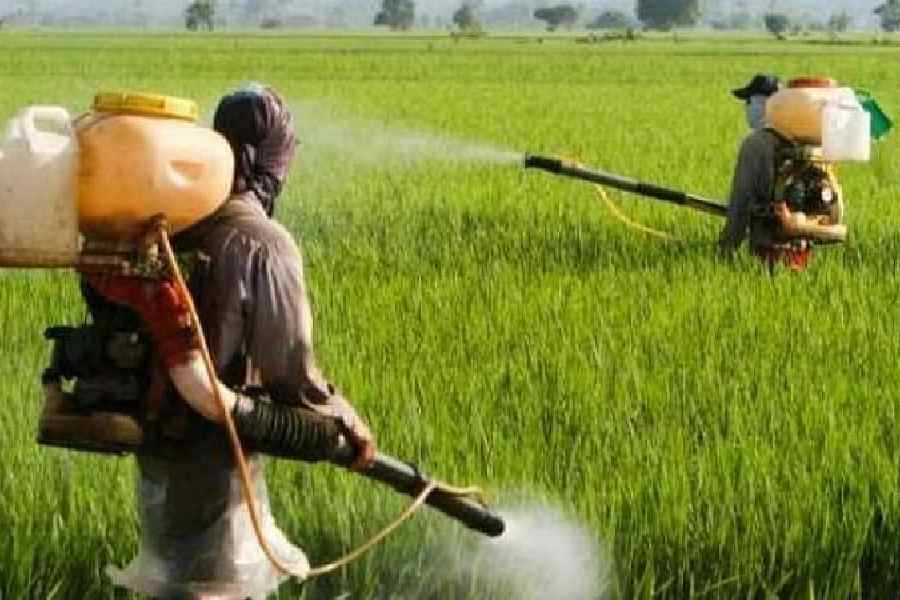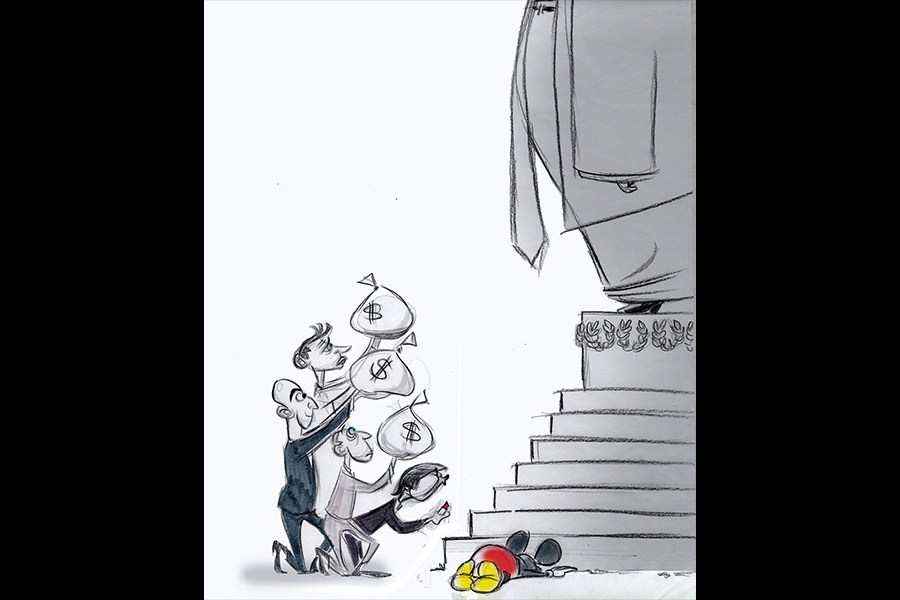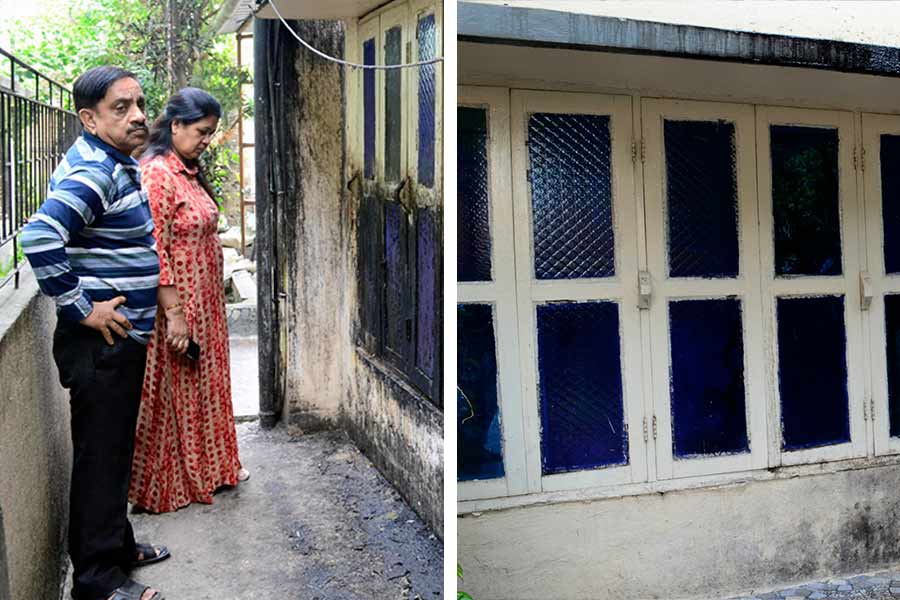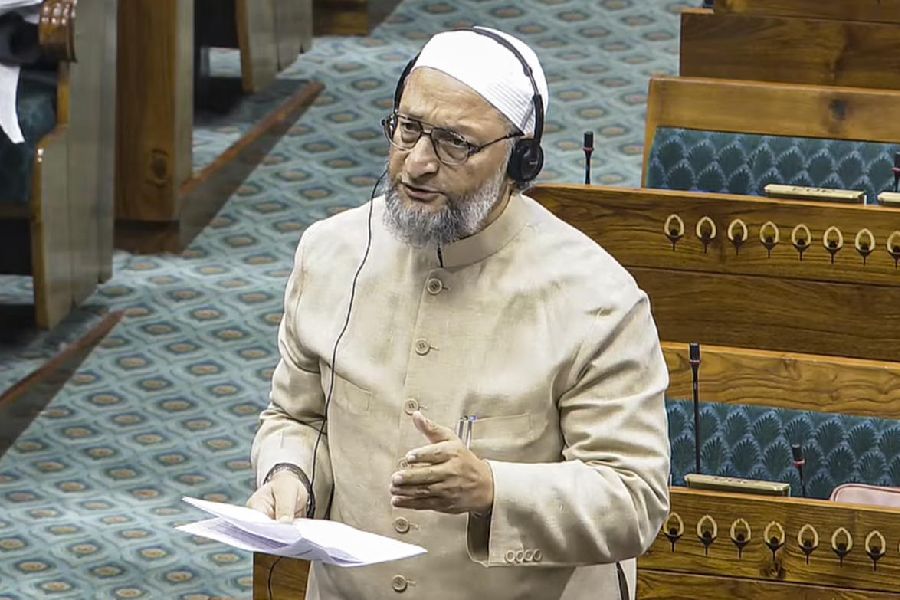The Modi government on Wednesday extended its subsidy on di-ammonium phosphate (DAP) fertiliser beyond December 2024, ensuring that retail prices remain fixed at ₹1,350 per 50-kilogram bag. The decision, aimed at shielding farmers from rising global costs, is expected to cost the government up to ₹3,850 crore.
The Union cabinet, chaired by Prime Minister Narendra Modi, also approved a ₹69,515-crore outlay to continue the Pradhan Mantri Fasal Bima Yojana (PMFBY) and the Restructured Weather-Based Crop Insurance Scheme (RWBCIS) through 2026. These programmes are vital to protecting farmers from financial losses due to unpredictable weather conditions.
The fertiliser subsidy extends a one-time package of ₹3,500 per tonne, initially set to expire in December 2024, until further notice. This package supplements the nutrient-based subsidy (NBS), which covers 28 types of phosphatic and potassic fertilisers to ensure affordability for farmers.
“The government is committed to securing affordable DAP for farmers despite global price volatility,” said information and broadcasting minister Ashwini Vaishnaw.
Rising costs in the international market, driven by geopolitical uncertainties and supply chain disruptions, have led to increased prices for key agricultural inputs.
Farmers will continue to pay ₹1,350 per 50-kg bag of DAP, with the government absorbing any additional costs.
In addition to subsidising fertilisers, the Cabinet has allocated ₹69,515 crore for crop insurance programmes, designed to mitigate risks faced by farmers. Since its inception, the PMFBY has provided insurance coverage to 40 million farmers, 88 percent of whom are small or marginal landholders. Over the past eight years, the schemes have disbursed ₹1.7 trillion in claims, offering financial relief to farmers impacted by floods, droughts, and other climate-related challenges.
The new allocation will also establish a ₹824.77-crore Fund for Innovation and Technology (FIAT) to improve the efficiency of the schemes, enabling faster claim settlements and simplified enrolment.
“Delays in claim disbursements are addressed with penalties on insurers, ensuring accountability and timely relief for farmers,” Vaishnaw said.
The central government will fund the schemes in equal partnership with states, except in Himalayan and northeastern states, where it will cover 90 per cent of the costs.
The Modi administration has allocated ₹11.9 trillion to fertiliser subsidies since 2014, more than double the ₹5.5 trillion spent in the preceding decade. These measures aim to protect farmers from market fluctuations and climate uncertainties.
Last year’s fertiliser prices soared above ₹3,000 per bag due to the rerouting of cargo via the Cape of Good Hope, further straining farmers. “This package ensures fertiliser costs remain subsidised during peak demand seasons,” Vaishnaw said.
The minister also urged state governments to take legal action against sellers overcharging for DAP, reiterating the government’s commitment to farmers’ welfare.
With expanded insurance coverage and a continued focus on affordable fertiliser, the government is reinforcing its support for India’s agricultural sector, ensuring sustainability for millions of farmers.











